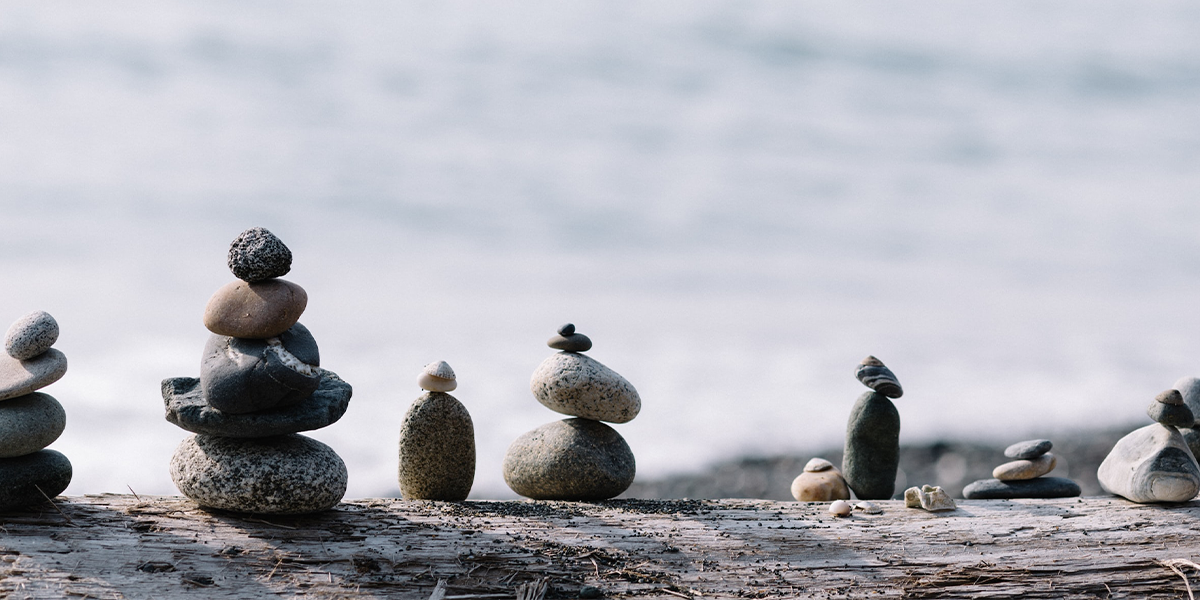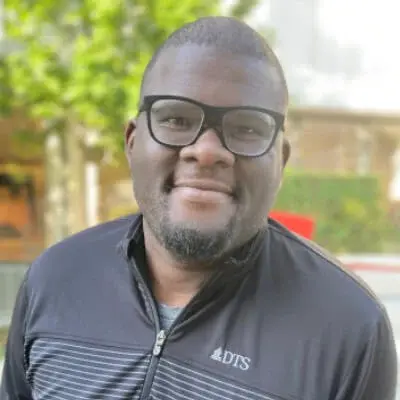
3 Steps to Find Your Balance: Priorities, Boundaries, and Support
Updated January 2, 2026
Introverts of the World, Unite!
January 2 is World Introvert Day. It’s a great reminder that there’s nothing “wrong” with needing quiet, recharge time — it’s actually one of your greatest strengths. Find balance and celebrate your inner gifts by devoting time to yourself (and your relationships): linger over a book or a favorite show, schedule unhurried time with a partner or close friend, or simply enjoy an evening where you don’t have to be “on” for anyone. Giving yourself this kind of intentional space isn’t selfish; it’s how you refill your tank so you can show up more fully in every area of your life. Set your own priorities and ask for help when you need help keeping boundaries or getting mental health support.
The Myth of Balance
I was in graduate school when one of my professors told me balance is a myth. That stuck with me. And yet, I’ll admit, I didn’t want to believe him. I told myself balance was attainable. The comfort of that thought was short-lived, but what I quickly came to realize was that my school’s curriculum and the demands of my life didn’t really seem to care about my quest for balance.
a subjective universal
The quest for balance is subjective. Each of us has our own life circumstances. Each of us has our own personal needs. What may feel like balance for someone in their 20s with no kids is likely very different than what will feel like balance for someone in their 30s raising several little ones. But while what balance looks like is subjective, the need for balance is universal. Like Goldilocks, we’re each looking for that bowl of warm, creamy porridge that hits the spot just right in our work, our careers, our families, and our leisure time.
imbalance wins
But if we’re honest, in our quest for balance - for those “just right” moments - imbalance wins more than we’d like. The prices we pay for imbalance are astronomically high. A decrease in work-life balance has been linked to higher unwanted turnover, lower physical and psychological well-being, lower productivity, greater stress-related ailments, and the like. We want to be at our best, but as the research shows, imbalance leaves us stressed, anxious, unfulfilled, frustrated, and just plain confused. Feel free to insert whatever feelings apply to you.
So, why bother? Why work so hard to try to achieve something so elusive?
why balance?
Balance may be hard to achieve, but it’s worth the effort. For one thing, finding balance is good for us. Research shows that finding balance helps prevent stress, and stress - as we all know - can lead to adverse health effects. Stress alone is responsible for 75-90% of all physician visits. In other words, balance brings order, stability, and homeostasis - just what we need to navigate life in a complex world.
your balance porridge
Although finding balance can be challenging, it’s far from mythical. Here are a few steps you can take to start moving toward balance.
PrioritiesDecide who and what gets your time and energy. Both time and energy are finite resources. The truth is, if you don’t decide how to use your time and energy, before you know it, you’ll find your stores completely depleted not even knowing where your time and energy went.
Take me, for example. I’m what my wife lovingly calls a “breathy introvert.” That means that, while I am well aware of my need to spend time alone to recharge physically, mentally, and emotionally, I love connecting with people. That love of people can sometimes lead me to give too much of my precious time and energy away. Before I know it, I end up overbooking myself and left too exhausted to give of myself to the people who matter most. Moving toward balance has meant learning not to spread myself too thin socially and choosing to give my time and energy in building fewer - but deeper and more meaningful - relationships.
BoundariesSet boundaries that promote balance in every area of your life. Just as physical boundaries keep our bodies safe, psycho-emotional boundaries keep our mental and emotional well-being safe. Keep in mind that healthy boundaries aren’t only about keeping the bad stuff out, but also about letting good stuff in. By implementing healthy boundaries we promote balance in our lives. Here’s a pro tip: brace yourself. Get ready to get pushback from people who have benefited from your lack of healthy boundaries. Do it anyway. Put up the emotional orange cones. Your well-being is worth it.
Support
Find support. You can only do so much on your own. A supportive environment is a much-needed resource on your journey toward balance. Find someone who can help you clarify what boundaries are right for you and help you to stay accountable. You can take the first step by reaching out to us and making an appointment with a life coach or counselor. Balance doesn’t have to be a myth. Let us help you get there.

About Tristan Frazier
Tristan Frazier, LPC, LMFT Associate, earned his Master of Theology and a Master of Arts in Counseling from Dallas Theological Seminary. He specializes in helping individuals and couples work through conflict resolution, divorce, anxiety, depression, trauma, and issues related to faith-based spirituality. He uses a customized holistic approach to treat mind, body and soul at Lifeologie Counseling Dallas, where he is currently accepting new clients for telehealth.
Meet Me



